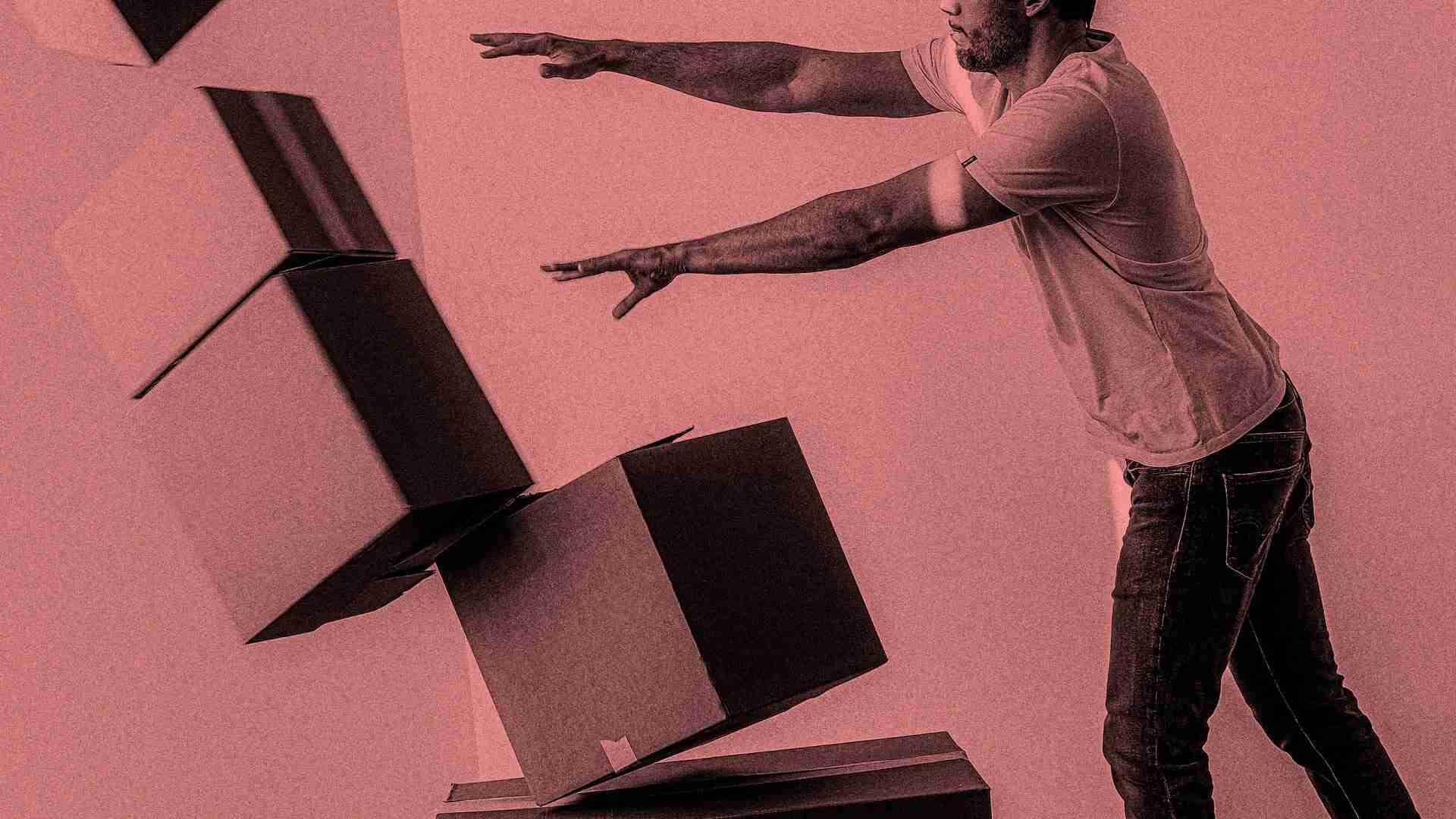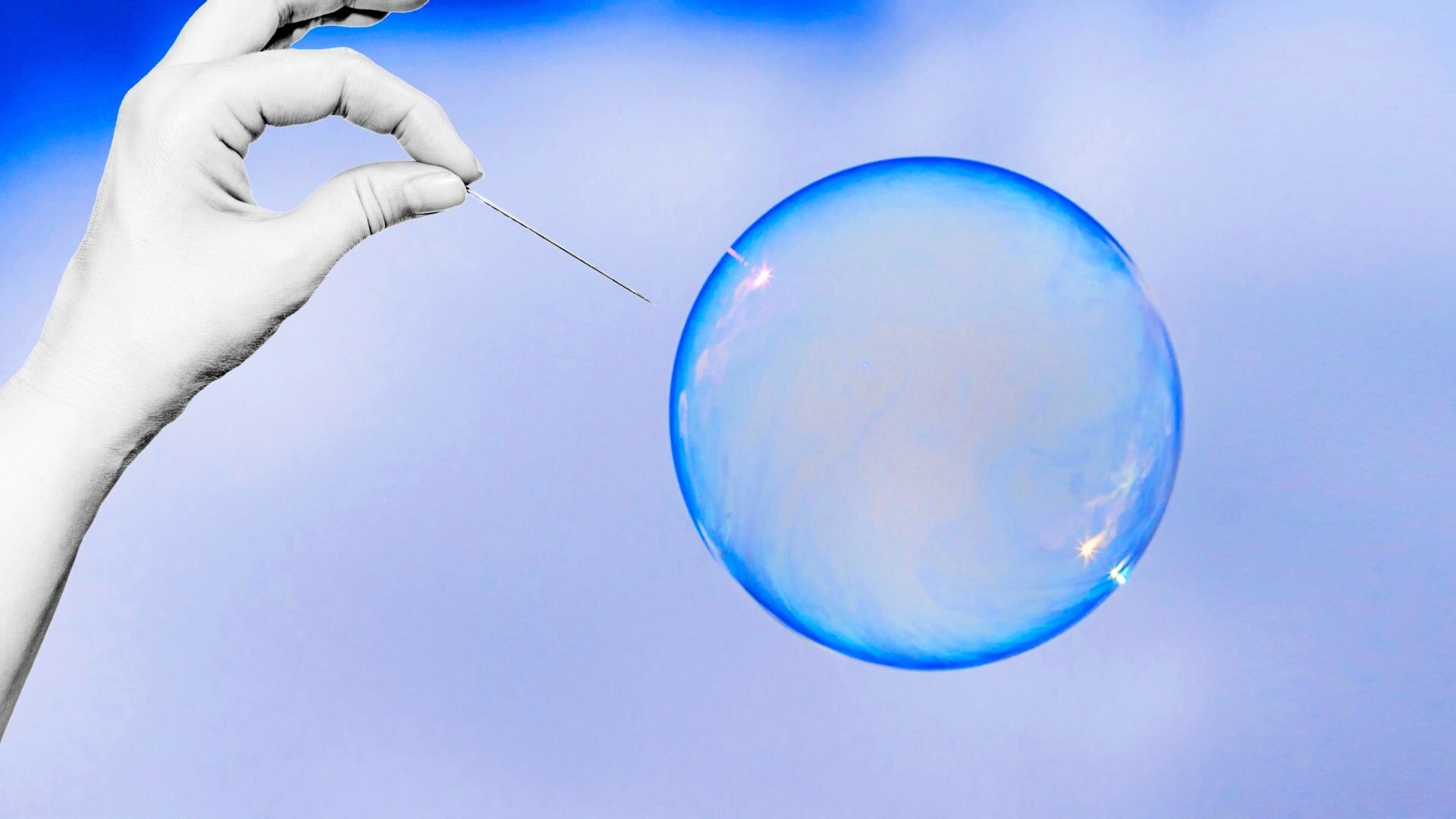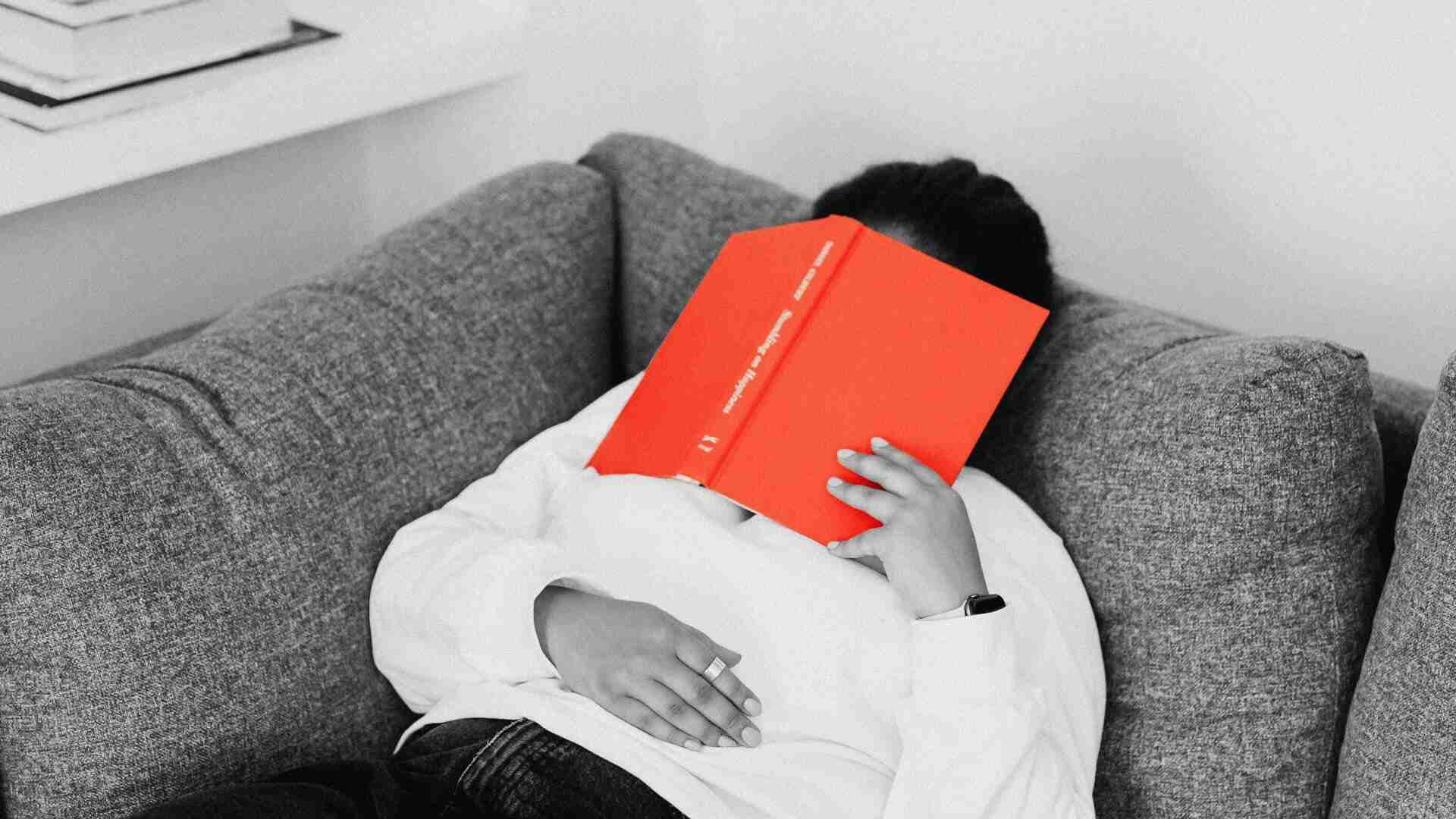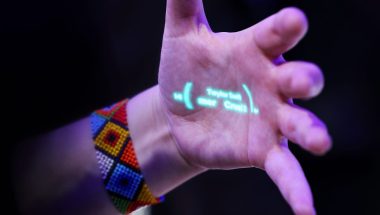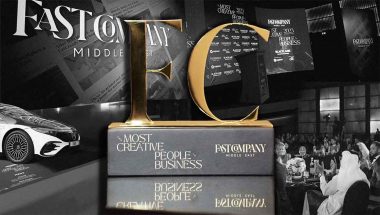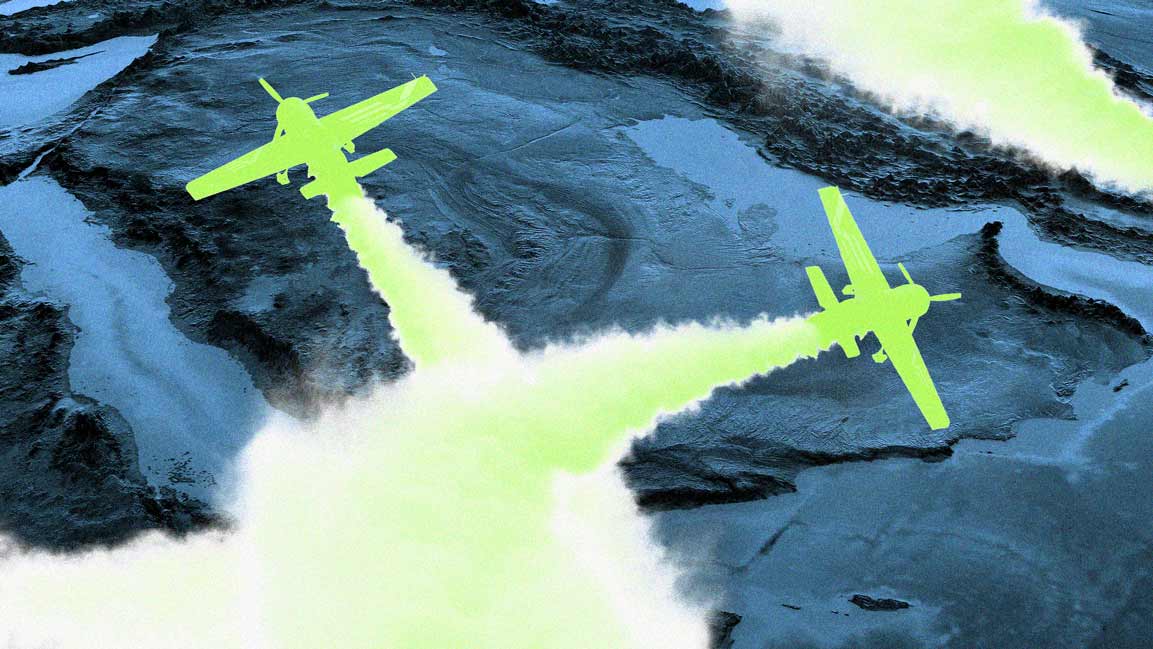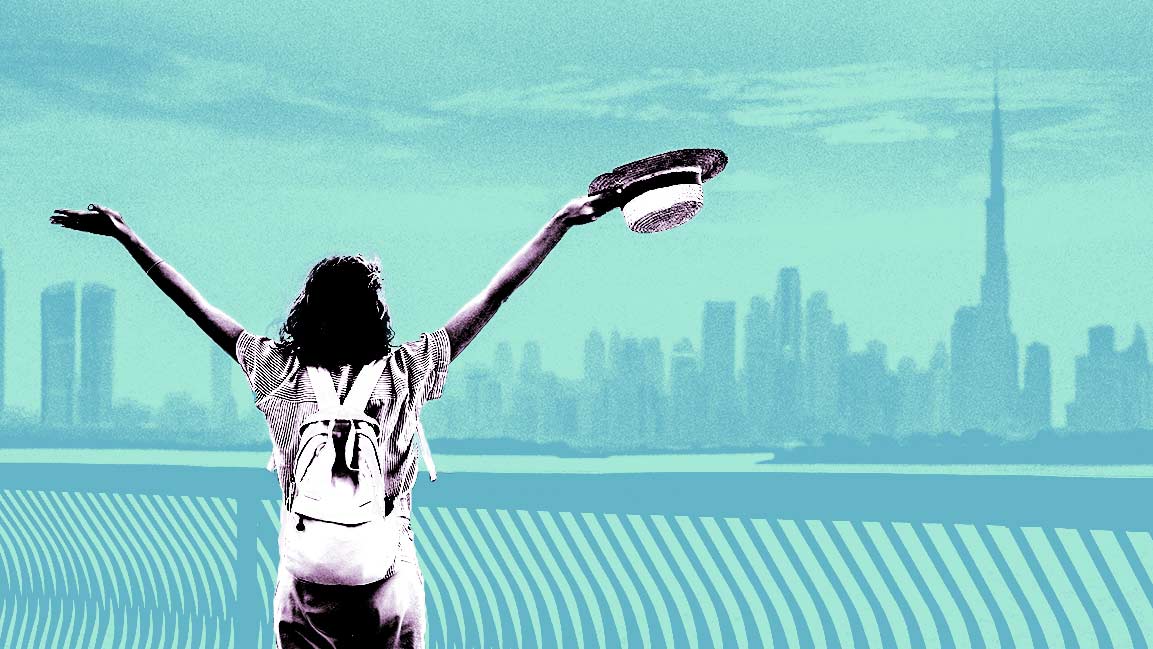- | 8:00 am
How to nail that job interview with this ultimate guide to writing the perfect thank you note (with templates)
A thoughtful, well-written thank you note after a job interview will give you a leg up on the competition. Here’s exactly how to write it.

So, you really want to nail that job interview? Then you better nail the follow-up note, too.
A thoughtful, well-written thank you note after a job interview will give you a leg up on the competition and will offer an opportunity to remind hiring managers just how awesome you are.
But a quick and standard thank you will not fly, says Allan Jones, former Ziprecruiter CMO.
“There is nothing worse than having an amazing conversation with a candidate only to receive the thank you note equivalent of a limp handshake,” says Jones, who is now CEO of outsourced HR firm Bambee.
In fact, today’s employers say a thank you note is an absolute expectation.
“It’s not just good manners,” former editor-in-chief of Cosmopolitan Kate White, told Fast Company.”The interviewer is judging your passion for the job based on whether you send a note and what you say in it.”
Here’s how to write the perfect thank you note.
TAKE NOTES DURING THE INTERVIEW
Think about that follow-up email even before you do the interview. That means taking notes during the interview to help you create a memorable thank you afterward. According to this recently published article in Fast Company, it’s important to know what you learned during the small talk portion of the interview. Did you have anything in common with the hiring manager? A hobby you shared?
Write down any important points you discussed and whether they’re facing any problems as an organization that you can help with. Did they have questions that required a bit more thought?
Think, too, about the qualifications you really wanted in a candidate and whether they were skeptical of anything on your resume. Also, ensure you have the correct email address for each interviewer and the correct spelling of their names. These specific recollections will prevent a generic thank you and transform your note to one that impresses a hiring manager, according to this previously published piece in Fast Company.
STICK TO AN EMAIL MESSAGE AND BE PROMPT
For years, hand-written notes were encouraged. But in the fast-moving, post-pandemic work world, email is fine, because people are working both inside and outside of the office these days. Your note might otherwise be lost in the shuffle at the office or feel creepy if it ends up at someone’s home address.
If you can, send your note promptly—within 24 hours of the interview, advises Domenick Cilea, president of Springboard Public Relations. “Not sending an email—whether you are interested in the position or not—is unprofessional,” he says.
When you finish your interview, head home as soon as you can to write your thank you note. Send the note too late, and the hiring manager might assume you weren’t going to send a note and could have rejected you for it.
That said, don’t rush it, Alison Green, career expert and author of How to Get a Job says. Don’t write it ahead of time and then press send right after you walk out of the interview. It’s a lost opportunity to personalize your note and build a relationship, she says. “It drains much of the significance of the gesture and turns it into one that conveys only, ‘I’m checking a thank you off my list,’” Green says.
MAKE IT PERSONAL
While you might feel compelled to cut and paste any of the 1.4 million other thank-you email templates you found on Google, hiring managers can spot a generic letter. Don’t underestimate the power that comes from screening recruits all day, every day, and make your thank you personal and show your personality. Jones of Bambee says writing an attention-grabbing thank you note is an art and an extension of the original interview.
“Engage me, say something exciting, stand out, and tell me why you are the one we need. Show me your personality,” he says. “Make me want to talk to you on a daily basis.”
Even more importantly, remember that employee-company compatibility is not a one-way street. You need to make sure that we are the right fit for you as well. A company that embraces your personality upfront is a good sign of a long-term partnership.
Jones warns candidates not to write a generic letter like this:
Dear Mr. Jones,
Thank you for your time . . . {{reiterate job description}} . . . {{reiterate interest in position}} . . . blah, blah, blah.
I look forward to hearing from . . . blah.
Thank you again,
Uncreative Candidate
Jones gives a good example of a memorable, candid, personal, and thoughtful note:
Allan,
After sharing time with you yesterday, it’s clear why your team speaks of you so fondly. I got a candid look at who you are as a human and how your passion and recent introspection will propel you from a great CEO to a spectacular one. I say that despite the fact that you found it appropriate to reheat leftover fish for lunch prior to our interview. Though I think it’s an office faux-pas I can get past. My sense of smell isn’t that great anyway.
More importantly, I see the opportunity for you to reach your full operating potential and be able to sincerely focus your time on innovation and the success of Bambee. I’d like to be the one to assist you on that journey. The prospect of this role calls to my drive and desire to be uniquely extraordinary and skilled in my own work.
The executive assistant you need is not the standard, but the exception. I have no doubt, given the opportunity I can be the work/life operations manager, noise reducer, friction smoother, and general magic maker you have been missing. Just please don’t make me reheat your fish.
I think this could be an amazing partnership and I’d like to think you agree. If yes, I look forward to discussing the next steps.
Best,
Candidate who got hired
Jones says he went on to hire this candidate. Not only were they the most qualified for the job, but they were also confident enough to add snark, sincerity, and their own professional goals to their thank you note, he says. “And it’s that kind of confidence that makes employees successful at my company.”
He warns that not all snark is the same. Don’t be a jerk. “Well-intentioned commentary, even when out of the box, is often well received by the right people,” he says.
SEND NOTES TO EACH INTERVIEWER
If multiple people interviewed you, writing each of them a note will show a level of care that helps you stand out among most candidates, according to this Fast Company report. Make sure the notes do not appear copied and pasted. Personalize those messages if you can by adding bits of details. This shows strong interpersonal skills, which are vital in today’s workplace culture.
Jessica Hernandez, founder of Great Resumes Fast, says it’s a good idea to ensure you leave no one out. “I’ve heard from many job hunters that thanking everyone, from the receptionist to the CEO, was key to putting their best foot forward after an interview,” she says. “One of my clients who did this reported that, even though he wasn’t hired right then, he was asked to come back a few months later to interview for an even better role.”
You might even consider adding team members you met throughout the process to your LinkedIn network, says Stock. She suggests a short and sweet note along the lines of: “It was a pleasure meeting you in the context of my interviews for the accountant position. Looking forward to connecting here.”
“Even if you don’t get the job—you never know when your paths will cross again,” she says.
DON’T USE AN OVERLY FORMAL GREETING
There’s a delicate balance with being too formal in a letter. If you’re too stiff, it actually backfires, according to Hari Kolam, CEO of the talent acquisition platform Findem. “Remember that there’s an actual person reading this letter and put yourself in their shoes,” says Kolam.
Yet, being too casual is problematic too: Six in 10 HR professionals say they have a problem with starting your letter with “hi.”
SHOW GRATITUDE AND STAY POSITIVE
The best way to start off any interview follow-up note is to thank the person for their time and consideration. They told you more about the opportunity and whether it would be a good move for you. So, even if you plan to withdraw from the running, show gratitude for the opportunity.
REFRESH THEIR MEMORY
A good note will remind hiring managers why you’re interested in the job. It doesn’t have to be a long, drawn out explanation, but ensure that it’s extremely clear that you want this job and why. Was there something about the job that resonated with you? Then add that detail. Being authentic matters.
Write this note with influence in mind, but don’t make it a commercial for you as a candidate, according to this previously published article in Fast Company. Instead, use it as an opportunity to provide honest reflections about how you felt about the team and the culture. Show them why you’re the right person for the job—qualifications, connection, and cultural fit.
This follow up is the perfect chance to reconnect with your interviewers and really remind them of who you are and the connection you made during your conversation. Take all those little details that you learned about the person to personalize your message and make your note memorable.
You don’t necessarily need to summarize your qualifications, but instead focus on the parts of your résumé that piqued the interest of each interviewer. Notice what each person gets excited about and then reiterate those points in your note—providing a great reminder of why you’re the person they want in this particular job.
EASE ANY CONCERNS
If there are concerns that you might be under- or overqualified for the job, you can abate their concerns and provide examples.
Yet, keep it positive. Show how you’re already working on remedying any weaknesses. And if you do it right, you may actually boost your odds for getting the job, because you’re leaving a positive impression on the hiring manager. The note itself is your opportunity to show your soft skills—such as organization, time management, and communication.
Amanda Augustine, career expert for TopResume, warns against the “trust me” approach. “Trust me, if I get the job, I’ll figure out what I need to do to get the job done,” she wrote. Employers see your potential, but they want some proof of your abilities. Augustine suggests explaining instead why the role makes sense for you and how you’re taking steps to fill the gaps.
Demonstrate humility and self-awareness, adds Vanessa Stock, cofounder and chief people officer of Pitch, a collaborative software maker. If you didn’t feel that you did well in the interview, don’t use the note to correct answers you got wrong or make excuses for your performance. “Instead, use the thank you note to demonstrate that you are aware of your potential shortcomings, and eager to prove to the team that you are willing to learn,” she says.
TELL THEM SOMETHING THEY DON’T ALREADY KNOW
If there’s something else that could boost the odds of landing the job, then put it in your note. It should be brief—a line at most—but could add an additional qualification you didn’t discuss in the interview or could highlight something about you that the organization really cares about.
KEEP IT BRIEF AND AVOID UNNECESSARY MISTAKES
You don’t want to write a long letter or draft an essay. Don’t ramble, overshare, and take a lot of your readers’ time.
Proofread each note to ensure it conveys you and the personality you presented during the interviews. And boost your chances by avoiding small mistakes, such as misspellings or getting someone’s title wrong. Use spell check and reread the message to ensure it reads smart. The same goes for your cover letter: 76% of the HR respondents in a ResumeLab survey say they’d automatically reject a cover letter if it had typos or spelling mistakes.
Donna Svei, veteran recruiter and résumé expert of the AvidCareerist, recommends exchanging business cards during the interviews. “No one walks around with business cards that misspell their name. No one,” she shared.
REMEMBER, SAYING THANK YOU IS GOOD FOR EVERYONE
For years, researchers have said that expressing gratitude can improve your well-being, Amit Kumar, a University of Texas professor of marketing and psychology, noted. Yet many people have no idea how happy a thank you note really makes someone feel.











